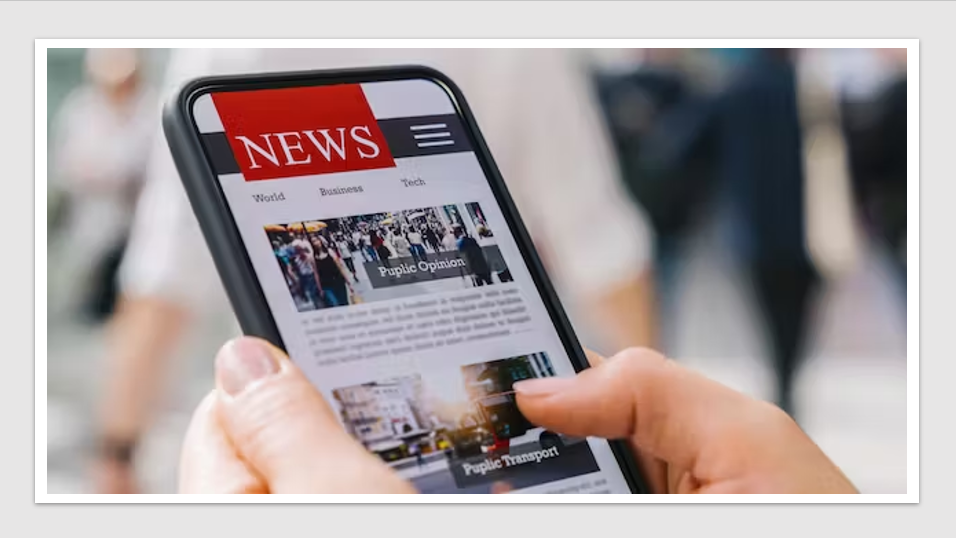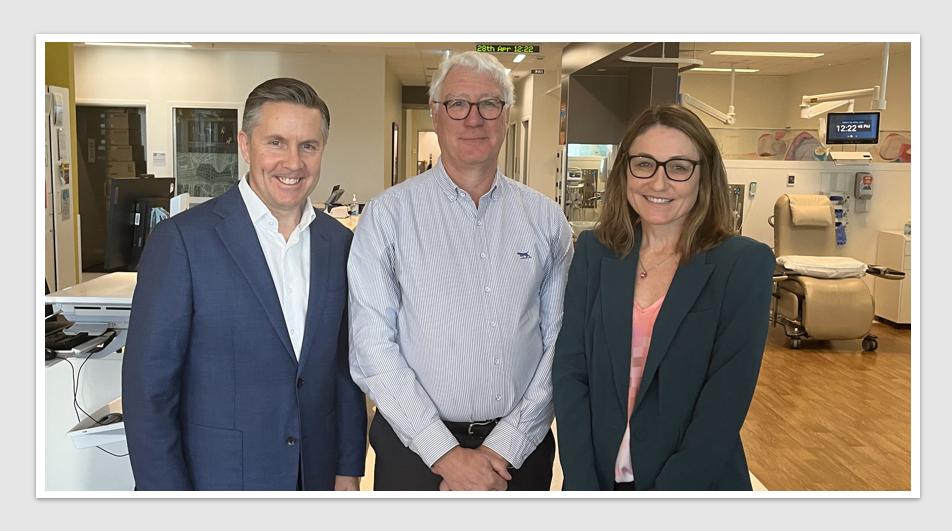Communication
Breaking the chains: Unveiling Australia’s media monopoly crisis

A Senate committee is considering a proposal for a parliamentary commission of inquiry into the Murdoch media empire and media diversity in Australia. Led by the Environment and Communications Legislation Committee, it encompasses critical aspects of democracy and its functioning in the nation.
The Murdoch Media Inquiry Bill 2023, introduced by Greens Senator Sarah Hanson-Young, paints a concerning picture of Australia’s news media market, revealing it to be one of the most tightly controlled in the world.
Over two-thirds of the print media outlets are under the dominion of Murdoch’s News Corp, significantly impacting the public’s ability to stay informed and engage in discussions surrounding crucial public policy matters. The COVID-19 pandemic and the climate change crisis, amongst others, have been notably affected due to this monopolistic grip, fostering a skewed and narrow perspective. The rise of digital platforms further compounds the issue, adding a surge of misinformation and disinformation to the media landscape.
The Bill emphasises the enormous power and unbridled political influence wielded by the Murdoch empire through News Corp, sounding an alarm on the corrosive impact this holds for democracy. “Regulation of media in Australia is not fit for purpose and has not kept up with the ever-changing media landscape. There has been a clear failure in regulation as monopolies have been allowed to flourish in both traditional media and through online platforms,” states the Bill.
Senator Hanson-Young pointed out the persistent fear that the Murdoch media instils, saying “Politicians have been afraid of the Murdoch media for far too long. We’ve heard from former prime ministers that there is a culture of fear across the country when it comes to the Murdoch media. How is it that we have got to a place that even our prime ministers, the most powerful leaders in the country, are afraid of the power wielded by a single media mogul?”
She added “I chaired the Senate inquiry into Media Diversity, a long running inquiry that heard extensive evidence of the poor behaviour, culture and ethics of the Murdoch media machine. We heard appalling stories about the sexist treatment of women that were photographed for their papers, the full blown climate denialism that has held us back from meaningful action in this country for over a decade and the character assassinations of individuals and so much more. It’s time that they are held to account.”
At the heart of the Bill lies the creation of a Commission vested with the authority to delve into the core issues of media diversity, regulation, ethics, and conduct in Australia.
“Australians deserve to have confidence in the integrity of news journalism that holds governments and corporations to account,” says the explanatory memorandum. “Media diversity and local news are important pillars for a strong, engaged, and informed public. Trust and access to independent public interest journalism are essential for an accountable, honest, and robust democracy.”
However, the concentration of media power is not confined to Murdoch alone; it extends to corporate giants like Meta, Google, and Twitter. These models have been found in research and court cases to minimise or invisibilise issues of public interest and public health. The dissemination of misinformation and disinformation does not occur within silos but is part of a system underpinned by the interests and imperatives of powerful corporations.
To date, the inquiry has received 19 submissions, with the health sector notably underrepresented considering the gravity of the issues at hand and their impact on the community’s health and related policies.
Senator Hanson-Young underscored the urgent need to rectify the media landscape in Australia, calling for “laws and regulations that are fit for purpose. And it shouldn’t be up to the politicians to pick and choose.”
The Environment and Communications Legislation Committee has been granted an extension of time for the inquiry report until 12 December 2023.
 In reimagining healthcare across the entire patient journey, Health Industry HubTM is the only one-stop-hub bringing the diversity of Pharma, MedTech, Diagnostics & Biotech sectors together to inspire meaningful change.
In reimagining healthcare across the entire patient journey, Health Industry HubTM is the only one-stop-hub bringing the diversity of Pharma, MedTech, Diagnostics & Biotech sectors together to inspire meaningful change.
The content on Health Industry Hub is copyright protected and should only be accessed under individual user licenses. To subscribe, please click here and visit T&Cs here.
Medical

NSW Health to settle ‘largest’ class action
A class action alleging NSW Health underpaid clinicians has settled after the department agreed to a payout of nearly a […]
MoreNews & Trends - Pharmaceuticals

Lilly’s first-in-class therapy PBS listed for early breast cancer after 15-year gap
Pharma News: Australians diagnosed with early-stage breast cancer, particularly those at high risk of recurrence, will gain access to the […]
MoreNews & Trends - Pharmaceuticals

AstraZeneza secures four PBAC nods in oncology, diabetes, kidney and rare diseases
Pharma News: AstraZeneca has scored four positive Pharmaceutical Benefits Advisory Committee (PBAC) recommendations following the March meeting. These recommendations, spanning […]
MoreNews & Trends - Pharmaceuticals

PBAC recommendation to reshape prescribing in heart failure
Pharma News: Aligned with the government’s Scope of Practice Review, the Pharmaceutical Benefits Advisory Committee (PBAC) has made a practice-changing […]
More